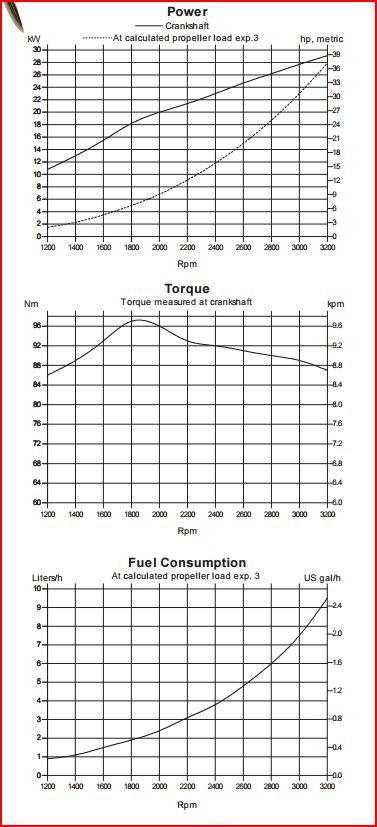The question that started this thread was asked back in 2011. And what I said in post #2 still holds today:
Fuel is the cheapest thing in boating anyway--- if we were concerned about fuel burn and cost we wouldn't be boating at all.
I find this obsessing over fuel burn to be fairly bizzarre, particularly in the toy boat realm. If one is going to cross oceans or spend most of their lives on the move, sure, it makes sense to want to know what the fuel burn is so one can budget intelligently. If you're running a fleet of tankers or bulk carriers and trying to make money doing it, absolutely, fuel burn is a major consideration and it makes sense to calculate it down to the number of inches per pint.
But for the vast majority of recreational boaters, I don't see that it makes any difference whatsoever what their boat's fuel burn is. If a boater is like the BandB crowd and wants to go fast, it's not rocket science to figure out that it takes a lot of fuel to do that. One can either afford it or they can't.
If you are boating on a budget--- if there even
is such a thing

--- it's not rocket science to figure out that one needs a boat that doesn't burn much fuel aka small, slow, or both.
The 30,000 pound, twin-engine cabin cruiser we keep in the PNW burns about 5 gph at about 8 knots, give or take. The only time fuel consumption even enters our minds is when we want to make sure we don't run out of it on a given trip. So we do a basic calculation even our dog can do using distance, time, and a fudged fuel consumption with a margin of error in our favor thrown in to account for the unfavorable currents we'll have at least half the time and call it good. So far we've never been caught short.
As to cost, it costs what it costs. If it started costing enough that it became a concern we'd get out of this kind of boating and do something else. The difference between 5 gph and 5.5 gph and 6 gph isn't going to mean squat in terms of whether we can afford this kind of boating, nor is it going to mean squat to whether we can go on such-and-such a cruise. There are plenty of fuel stops around here should we find we need to get more during a trip.
The cruising boat we have in another part of the world burns more bloody fuel than I can get my head around. But the same thing applies--- if it was too much for us we wouldn't have gotten into this other type of boating.
Pissing about figuring out if the fuel burn is a tenth or a quarter of a gallon more or less an hour in the one boat and ten or fifteen gallons more or less an hour in the other one is a totally pointless exercise in my view because whatever the answer is, it's not going to change anything. We're going to use both boats until the day comes we decide we don't want to anymore.
This is one topic on which I totally agree with Art. I don't know when or where he said it, but I know in the past he's said (I'm paraphrasing) don't sweat the small stuff. Just go boating and enjoy the hell out of it.








